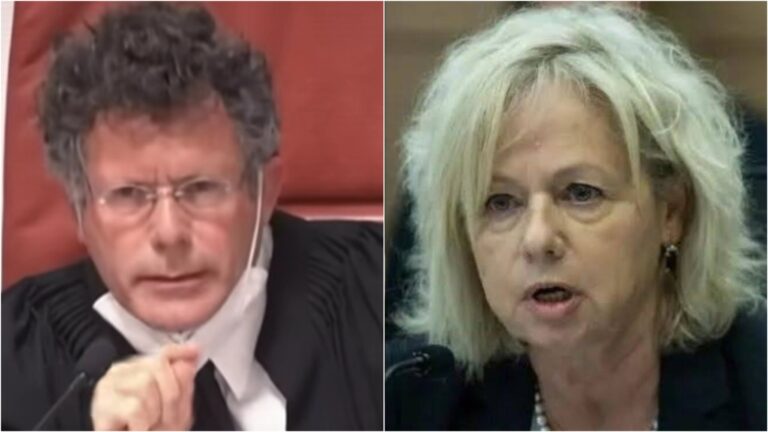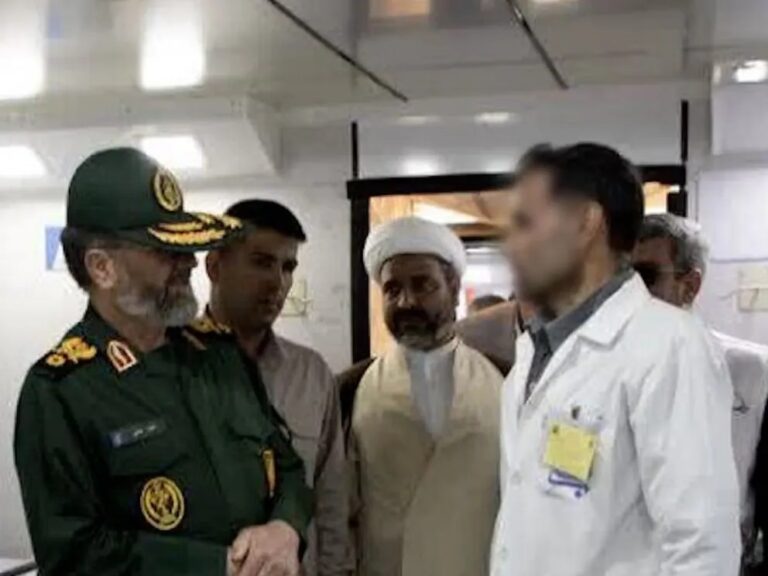Federal investigators took the unusual step of wiretapping a retired supervisor in the U.S. Drug Enforcement Administration’s Miami office as part of an inquiry into whether sensitive case information was leaked to attorneys for suspected drug traffickers in Colombia, current and former law enforcement officials told The Associated Press.
The inquiry comes amid a string of DEA scandals and has sent a chill through South Florida’s close-knit, fiercely competitive narco-defense circles because of former supervisor Manny Recio’s strong ties to federal law enforcement and private-sector lawyers.
The FBI wiretapped Recio for at least three months last year while he worked in his post-retirement job as a private investigator for defense lawyers — an extraordinary step requiring approval from a federal judge and the highest levels of the Justice Department. Agents also seized and searched his cellphone.
Federal prosecutors in New York declined to comment, but three former and one current law enforcement official familiar with the investigation say it is focused on the flow of information between the DEA and Miami lawyers who represent alleged narcotraffickers and money launderers from Colombia. Among those lawyers is Luis Guerra, who contracted Recio as an investigator shortly after he retired from the DEA in 2018.
The officials, who spoke on condition of anonymity to discuss an ongoing case, said the probe is focused on Recio’s interaction with defense lawyers and agents he worked with at the DEA, including Special Agent John Costanzo, whose phone was similarly searched.
Phil Reizenstein, a Miami lawyer representing Recio, said he was told late last year by the U.S. Attorney’s Office in Manhattan that the former DEA agent was not a target of a criminal investigation nor had a grand jury been summoned to investigate him.
“I have reviewed Manny’s work on cases and found it to be impeccable, and I have no concerns that he did anything that was close to being illegal,” Reizenstein said. “He devoted his career to the DEA. He has held himself to the highest standards and the same law-abiding ideals in his private work.”
Guerra and Costanzo declined to comment.
So-called Title III wiretaps require approval from a federal judge for each 30-day period they’re in use. The technique is considered highly intrusive and requires probable cause that a federal crime has been — or is about to be — committed.
“They’re relatively rare,” said Duncan Levin, a former federal prosecutor in New York. “Wiretaps are reserved for when other investigative techniques have been tried and failed, or it’s unlikely anything else would work.”
Prosecutors recently began notifying third parties that their communications were intercepted between July and October during the “electronic surveillance” of Recio’s cellphone. The AP obtained a copy of one such notification.
Recio, described by former colleagues as soft-spoken and personable, finished his more than two decades with the DEA as an assistant special agent in charge of the DEA’s Miami field division, specializing in cases involving illicit finances. Immediately after retiring, he launched a Miami-based business called Global Legal Consulting, which according to its website provides private investigations, anti-money laundering solutions and other legal services.
Such potentially lucrative work is governed by federal laws restricting the role former agents may play in the private sector — so-called revolving door rules that prohibit them from trying to influence their former colleagues with respect to cases they worked or oversaw.
Derek Maltz, a retired agent who once headed the DEA’s Special Operations Division, said those rules are in place in part because in the often shady world of narco defense attorneys and abundantly-wealthy clients from Colombia, Mexico and elsewhere who think they can use their influence to cut deals with prosecutors like they were able to do back home.
“For these guys it’s all about the juice,” Maltz said. “Having access is a powerful selling point.”
Federal prosecutors have been clamping down on attorneys who cross the ethical line. Nelson Alfaro, a Miami attorney known for representing drug traffickers, pleaded guilty in December to trying to trick federal authorities into reducing a client’s prison sentence based on a $80,000 scheme he concocted to offer “third-party cooperation” to the FBI.
Also last year, Dallas attorney Jaime Balagia was convicted of trying to shake down three Colombian clients for about $1.5 million with the promise he could bribe U.S. officials to drop or reduce cocaine trafficking charges.
The latest investigation comes amid a period of turmoil within the DEA, which has seen repeated cases of criminal misconduct involving its own federal agents.
Recio once supervised highly-sensitive money laundering investigations involving Jose Irizarry, a former standout DEA agent in the Miami office who was indicted last month on charges he conspired to launder money with a Colombian drug cartel he was supposed to be fighting and spent lavishly on luxury sports cars and Tiffany jewelry.
The Irizarry charges came just one week after another former DEA agent was sentenced to four years in federal prison for his role in a decade-long drug conspiracy.
(AP)











